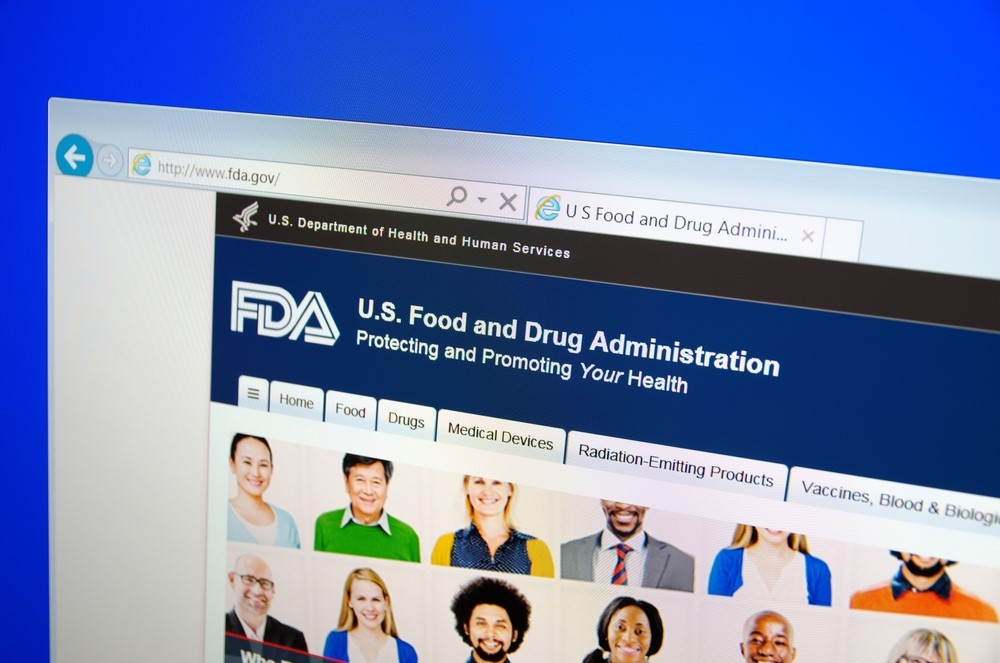March 28, 2019 – “The marketing and sale of unapproved opioid addiction treatment products is a potentially significant threat to the public health,” the Food and Drug Administration (FDA) states in a new Warning Letter. “Therefore, FDA is taking measures to protect consumers from products that, without approval by FDA, claim to diagnose, mitigate, prevent, treat or cure opioid addiction.”
In the March 13 Warning Letter to Nutra Pharma Corp., the FDA states that multiple products sold by the company are considered unapproved new drugs and are misbranded, based on promotional pain relief claims made regarding its snake venom products on the company’s website and related social media websites.
At issue are the following products: “Nyloxin Oral Spray,” “Nyloxin Topical Gel,” “Nyloxin Topical Roll-On,” “Nyloxin Topical Roll-On ES,” “Nyloxin Professional Size Pump Topical Gel,” and “Regular Strength Sample Pack,” which are the subject of numerous promotional claims regarding chronic pain relief and the treatment of “conditions that cause chronic pain.” The FDA states that Nutra Pharma’s cited products “are intended for conditions that are not amenable to self-diagnosis and treatment by individuals who are not medical practitioners.”
A few of the 15-plus specific claims cited in the Warning Letter as those that establish the intended uses for the Nyloxin product line include:
- “[C]obra venom saw its primary use in the treatment of cancer and arthritis. Reportedly the venom was used to treat liver cancer, lung cancer, esophageal cancer, skin cancer and leukemia.”
- Nyloxin is supported by significant clinical evidence … documenting the effectiveness of cobra venom for the treatment of various types of pain, including cancer pain, chronic pain, neuralgia, and pain associated with parkinsons [sic], arthritis, and herpes zoster.”
- Claims citing the “Anti-asthmatic effects of immunization with cobra venom.”
- Claims citing the “Treatment of Cobratoxin in 90 cases of heroin dependence.”
The latter claim may have raised the profile of this enforcement finding, considering the public health emergency status of the opioid crisis in the United States.




